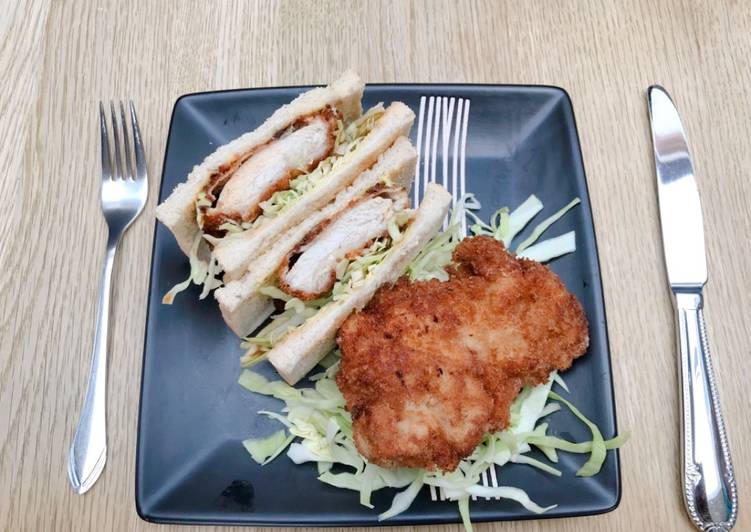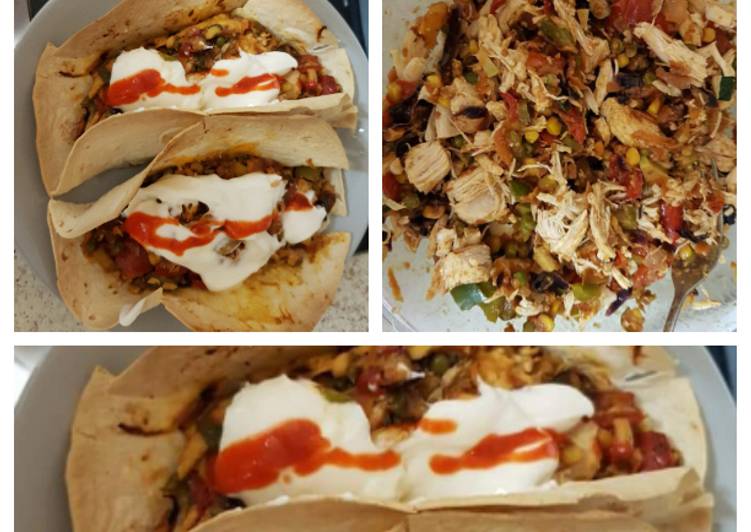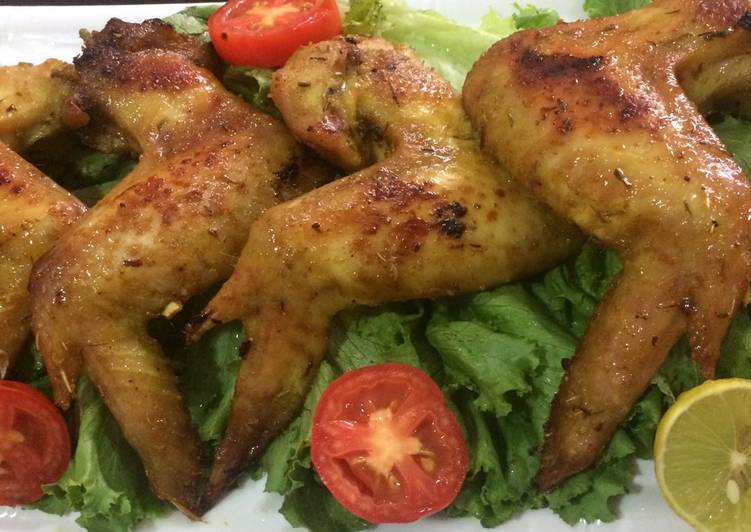
Hey everyone, it is me again, Dan, welcome to our recipe site. Today, I’m gonna show you how to make a special dish, japanese chicken katsu sandwich. It is one of my favorites food recipes. For mine, I will make it a little bit unique. This is gonna smell and look delicious.
Japanese Chicken katsu sandwich is one of the most favored of recent trending meals on earth. It’s simple, it is quick, it tastes yummy. It is enjoyed by millions every day. Japanese Chicken katsu sandwich is something which I’ve loved my whole life. They are fine and they look wonderful.
These sandwiches combine the shattering panko crispiness of katsu-style cutlets and the fiery heat found in Nashville-style hot chicken with some cooling shredded lettuce Spread reserved spicy mayo on one side of each slice of bread. Top with chicken and shredded lettuce, then close up sandwiches. Crispy juicy pork cutlets sandwiched between soft pillowy Japanese milk bread, this Japanese Katsu Sando is a homey kind of sandwich but downright satisfying!
To get started with this recipe, we must first prepare a few components. You can cook japanese chicken katsu sandwich using 17 ingredients and 8 steps. Here is how you cook it.
The ingredients needed to make Japanese Chicken katsu sandwich:
- Take Boneless chicken thighs
- Get Cabbage
- Prepare Plain flour
- Take Egg
- Take Japanese Panko
- Get Homemade white bread
- Get Salt
- Take Black pepper
- Prepare Ground onion
- Make ready Ground garlic
- Prepare Dressing (for katsu)
- Prepare Ketchup
- Prepare Worcester sauce
- Get Honey
- Make ready Mustard mayonnaise (for bread)
- Take Japanese mayonnaise
- Take Mustard
If I see a katsu sando, or cutlet sandwich in Japan, it's almost a compulsion: I must eat it. Chicken katsu sandwich (Justine's Flavours of Fuji)Source: Justine's Flavours of Fuji. Picture the glory of the perfect schnitzel sanga, but with chicken coated in panko crumbs for extra crunch, a slathering of Japanese mayo for extra creaminess, and a smear of Tonkatsu sauce for extra richness. In this classic katsu sando, fried chicken is sandwiched between slices of fluffy milk bread slathered with mayo and tonkatsu sauce.
Steps to make Japanese Chicken katsu sandwich:
- Slice the thicker part of the meat to make it equally thick. Sprinkle salt, black pepper, ground garlic and ground onion on both sides of the meat and leave them aside for 10 minutes.
- Making the dressing (for katsu) and mustard mayonnaise (for bread).
- Soak the shredded cabbage in a cold water bowl. Drain the water and set aside.
- Cover the meat with some plain flour, dip it in the egg and then coast with Japanese panko.
- Heat the pan and add a bit more oil. Pan fry the chicken for 5-7 minutes each side (depends on the thickness of the meat).
- Put some mustard mayonnaise on the toasted bread.
- Put some shredded cabbage and pour some katsu dressing.
- Put the chicken katsu on the cabbage and pour more katsu dressing. Slice the sandwich half and enjoy. 😋
There are four key components to a classic katsu sando: a perfectly fried cutlet (in this case, chicken), Kewpie mayonnaise, Bull-Dog tonkatsu sauce, and the fluffiest. Katsu Sando is a Japanese pork cutlet sandwich made with a thick juicy pork katsu doused in a spiced fruit sauce. With a juicy thick-cut pork cutlet breaded in a crisp panko crust glazed in a spiced fruit sauce, Katsu Sandwiches, make for a satisfying and delicious lunch on the go. How to make Chicken Katsu - a Japanese chicken recipe, that is breaded with panko and sesame seeds. This is my family recipe for Chicken Katsu - Japanese style fried chicken.
So that’s going to wrap this up for this exceptional food japanese chicken katsu sandwich recipe. Thanks so much for your time. I am confident that you can make this at home. There is gonna be more interesting food in home recipes coming up. Don’t forget to save this page on your browser, and share it to your loved ones, colleague and friends. Thanks again for reading. Go on get cooking!


